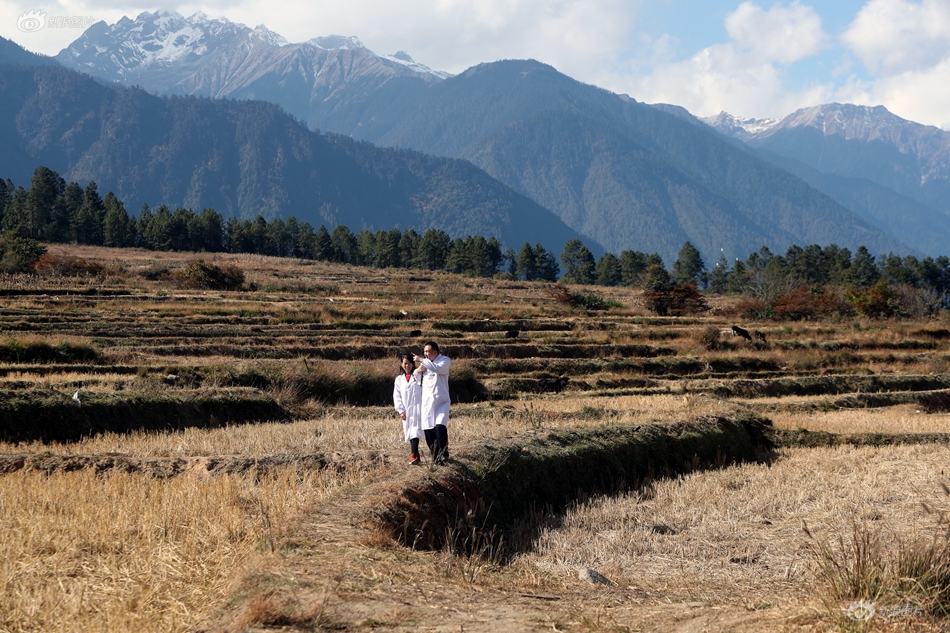The adult movies online | Adult Movies Onlinecoronavirus, a parasite, can't multiply on its own. It needs to hijack a cell to reproduce by the thousands.
Francis Collins, the director of the National Institutes of Health (NIH), posted an image on Tuesday of newly replicated coronaviruses emerging from an infected cell.
"This picture is quite literally a snapshot of viral shedding, a process in which viral particles are released from a dying cell," Collins wrote on the NIH Director's Blog. "This image gives us a window into how devastatingly effective SARS-CoV-2 appears to be at co-opting a host’s cellular machinery: Just one infected cell is capable of releasing thousands of new virus particles that can, in turn, be transmitted to others."
 Newly emerged coronaviruses. Credit: Rocky Mountain Laboratories / National Institute of Allergy and Infectious Diseases
Newly emerged coronaviruses. Credit: Rocky Mountain Laboratories / National Institute of Allergy and Infectious Diseases In the colorized image, the "orange-brown folds and protrusions" are the surface of a primate kidney cell that had been infected with coronavirus, explained Francis. The blue particles are the new viruses, ready to infect other cells.
"As you might imagine, to see the moment that viruses emerge from an infected cell, you have to get the timing just right," Francis wrote.
Elizabeth Fischer, head of the Electron Microscopy Unit at Rocky Mountain Laboratories, an NIH lab, snapped the image. Viruses are much too tiny to be seen with normal microscopes, so an electron microscope beams electrons onto profoundly small samples. The particles bounce off, capturing the topography of microbes like viruses and cells.
"Just one infected cell is capable of releasing thousands of new virus particles"
This coronavirus is still a relatively new pathogen to humans, so there are no proven drug treatments available yet to quell the infection, and a vaccine is likely at leasta year off.
That's why infectious disease experts emphasize continued social distancing and the need to radically ramp up reliable testing to see who's infected, who needs to be isolated, and who may be immune.
With an infectious disease like the new coronavirus, which spreads easily through gathered people, the U.S. isn't prepared to resume usual life, including reopening many businesses and public places, without enhanced protections for workers.
"We’re not anywhere near a situation where you could claim that you can, with any credibility, send people back en masse now," Michael Gusmano, a health policy expert at the Rutgers School of Public Health, told Mashable last week.
(Editor: {typename type="name"/})
 Sri Lanka vs. Australia 2025 livestream: Watch 1st ODI for free
Sri Lanka vs. Australia 2025 livestream: Watch 1st ODI for free
 Do we need another wireless carrier? Who cares! Comcast is here anyways.
Do we need another wireless carrier? Who cares! Comcast is here anyways.
 Google takes on fake news with 'Fact Check' tags in Search and News
Google takes on fake news with 'Fact Check' tags in Search and News
 Master and Missy: 'Doctor Who' villain gets a dual
Master and Missy: 'Doctor Who' villain gets a dual
 Here's how I feel about all this Stephen Hawking 'news' going around
Here's how I feel about all this Stephen Hawking 'news' going around
Report: Match Group dating apps conceal assault cases
 A damning investigation from nonprofit news organization The Markup and Pulitzer Center's AI Account
...[Details]
A damning investigation from nonprofit news organization The Markup and Pulitzer Center's AI Account
...[Details]
Twitter goes Lite for developing markets
 Twitter is looking at developing regions again as it struggles to find new users elsewhere, and it's
...[Details]
Twitter is looking at developing regions again as it struggles to find new users elsewhere, and it's
...[Details]
There's more to tech stock photography than hokey gold bitcoins
 A few weeks ago, I was snarky about stock imagery on the internet.I was looking for photos of "peopl
...[Details]
A few weeks ago, I was snarky about stock imagery on the internet.I was looking for photos of "peopl
...[Details]
What if the next iPhone was also a throwback to the first iPhone?
 We've seen plenty of renders and concept images of what the next-gen iPhone might look like, and we'
...[Details]
We've seen plenty of renders and concept images of what the next-gen iPhone might look like, and we'
...[Details]
Best MacBook deal: Save $200 on 2024 M3 MacBook Air
 SAVE $200: As of Feb. 10, the 2024 Apple MacBook Air (M3, 13-inch, 16GB RAM, 256GB SSD) is on sale f
...[Details]
SAVE $200: As of Feb. 10, the 2024 Apple MacBook Air (M3, 13-inch, 16GB RAM, 256GB SSD) is on sale f
...[Details]
Spotify killed the epic instrumental intro
 Nowadays, skipping to the next song on streaming services like Spotify and Pandora is easy--too easy
...[Details]
Nowadays, skipping to the next song on streaming services like Spotify and Pandora is easy--too easy
...[Details]
The results are in from that adorable second grade class survey
 A massive 1,278,791 people from around the world have responded to that cute student survey that wen
...[Details]
A massive 1,278,791 people from around the world have responded to that cute student survey that wen
...[Details]
Oldest living Aussie leader loves chugging beer so much, he's created his own
 It sounds almost made up, but it's true. Australia's oldest living former leader is also a world-cla
...[Details]
It sounds almost made up, but it's true. Australia's oldest living former leader is also a world-cla
...[Details]
11 Tech Products That Were Supposed to Fail... But Didn't
 You'll often find that when a new product or service fails, there's a line of people waiting to say,
...[Details]
You'll often find that when a new product or service fails, there's a line of people waiting to say,
...[Details]
Google takes on fake news with 'Fact Check' tags in Search and News
 Google has launched a new feature on Search and News which shows a "Fact Check" label for certain li
...[Details]
Google has launched a new feature on Search and News which shows a "Fact Check" label for certain li
...[Details]
Use Gmail Filters to Automate your Inbox
It's time for Google and Facebook to freak out about Amazon

接受PR>=1、BR>=1,流量相当,内容相关类链接。